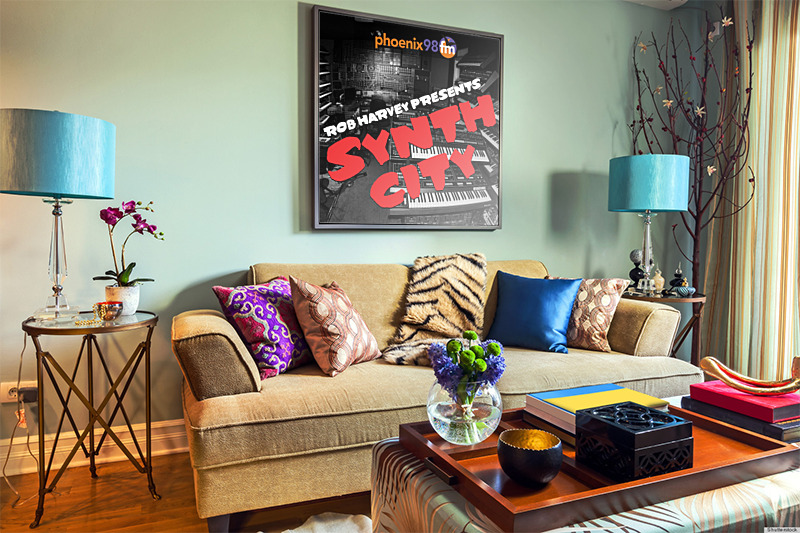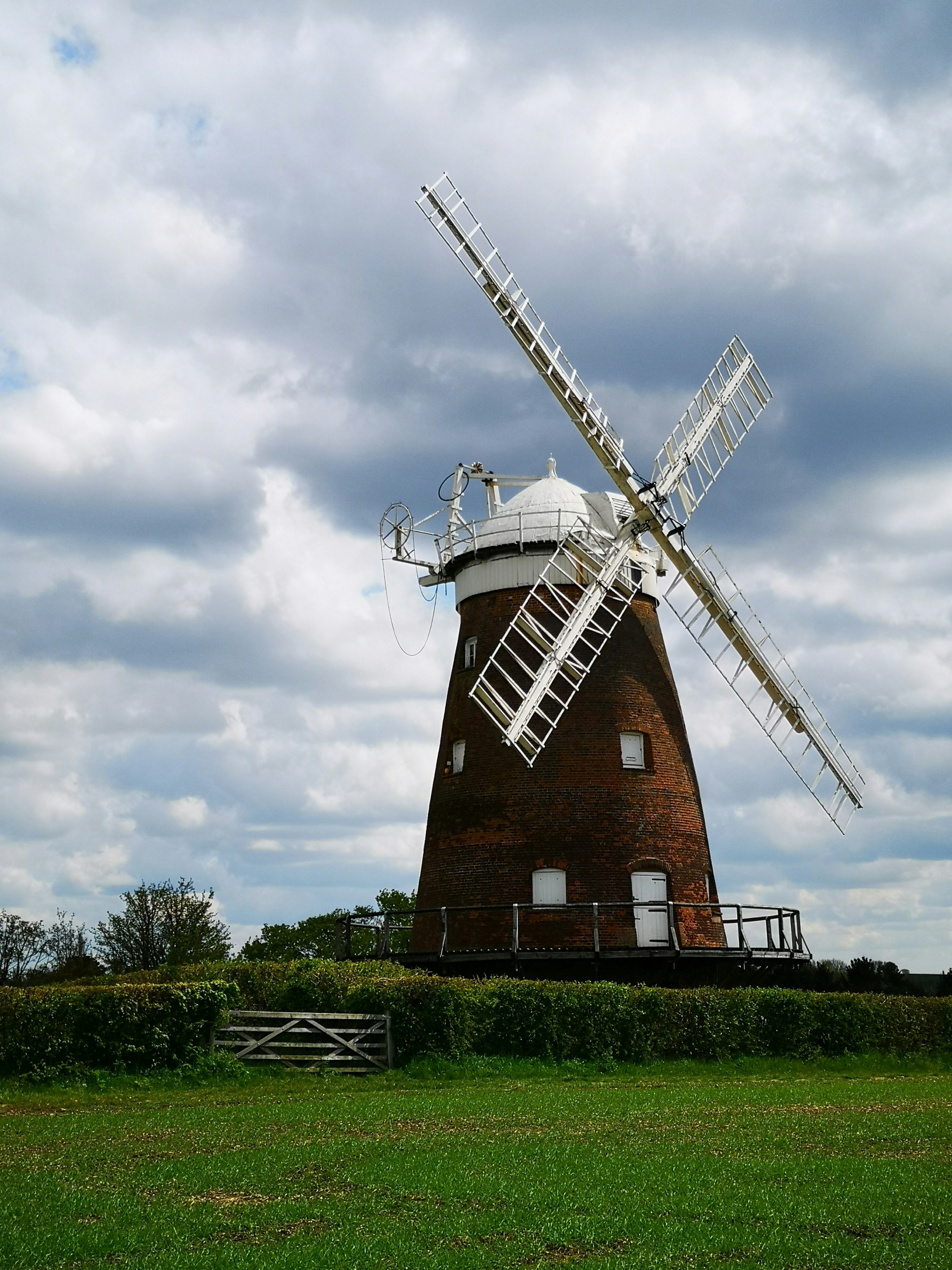As the real estate market becomes increasingly competitive, standing out from the crowd is essential. Japanese architecture offers an excellent opportunity to do just that, according to Masao Kameoka, an expert in Japanese wooden architecture. Masao Kameoka is one of the leading authorities of Classical and Orthodox Japanese wooden art.
After his graduation in 1996, Masao focused on the pursuit and development of Kominka (Traditional Wooden Architecture) in which he engaged mainly in the appraisals of Japanese carpentry and architectural diagnosis of such works. In 2005, he was made manager of the company and his design to help grow the interest of Kominka in younger designers and how they can apply the knowledge in one of the fastest growing industries in the world; real estate.
One of the primary reasons why Japanese architecture is so appealing is its minimalist and elegant design. The use of natural materials such as wood and stone creates a calming and serene environment that appeals to many people. Additionally, Japanese architecture emphasizes the integration of the natural environment with the built environment, creating a harmonious and visually striking effect that can add significant value to a property.
Another advantage of Japanese architecture is its durability. Built to withstand earthquakes and other natural disasters, Japanese wooden structures combine innovative design and traditional building techniques to offer a secure investment. This makes them an excellent choice for areas prone to earthquakes, such as Japan, as well as other regions worldwide.
Speaking about the advantages of Ko-minka and how Japanese skilled-workers could benefit from real estate ideas, Masao said— “As relocation of old traditional Japanese homes gains momentum globally, the need for skilled carpenters becomes increasingly paramount. This presents an opportunity for the spread of Japanese cultural traditions through skilled carpenters who will export their knowledge to the world. Although there is a shortage of such skilled labour in Japan, providing opportunities for this work could encourage young people to pursue carpentry as a career.
Should there be a surge in the demand and utilization of traditional Japanese homes in foreign countries, it could lead to a shift in the perception of these homes within Japan. This could ultimately lead to a renewed appreciation for these structures and potentially aid in the preservation of Japan’s architectural heritage”.
Furthermore, the high adaptability. It can be used in a wide range of settings, from urban to rural, and from residential to commercial, could be successfully integrated into high-rise buildings, shopping centers, and even office spaces, showcasing its versatility and ability to adapt to different needs.
Unique selling point for real estate developers and agents:
Properties that feature Japanese architecture are highly sought after and can command a premium price. A recent study showed that houses with Japanese-inspired features sold for up to 35% more than similar properties without those features.
In addition, younger furniture designers can benefit from studying Japanese architecture. The simple yet elegant design principles can inspire new creations, and the focus on natural materials and the integration of the built environment with nature can create more sustainable and environmentally friendly designs.
In comparison to modern architecture
Which often emphasizes technology and industrial materials, Japanese architecture emphasizes the use of natural materials and the integration of the built environment with nature. This creates a more harmonious and calming environment, which can be particularly appealing in today’s busy and stressful world. Additionally, the durability and adaptability of Japanese architecture offer a more sustainable and long-lasting investment.
As real estate professionals strive to keep up with the ever-changing demands of the market, the incorporation of Japanese architectural elements could prove to be a strategic investment with long-lasting benefits.




































